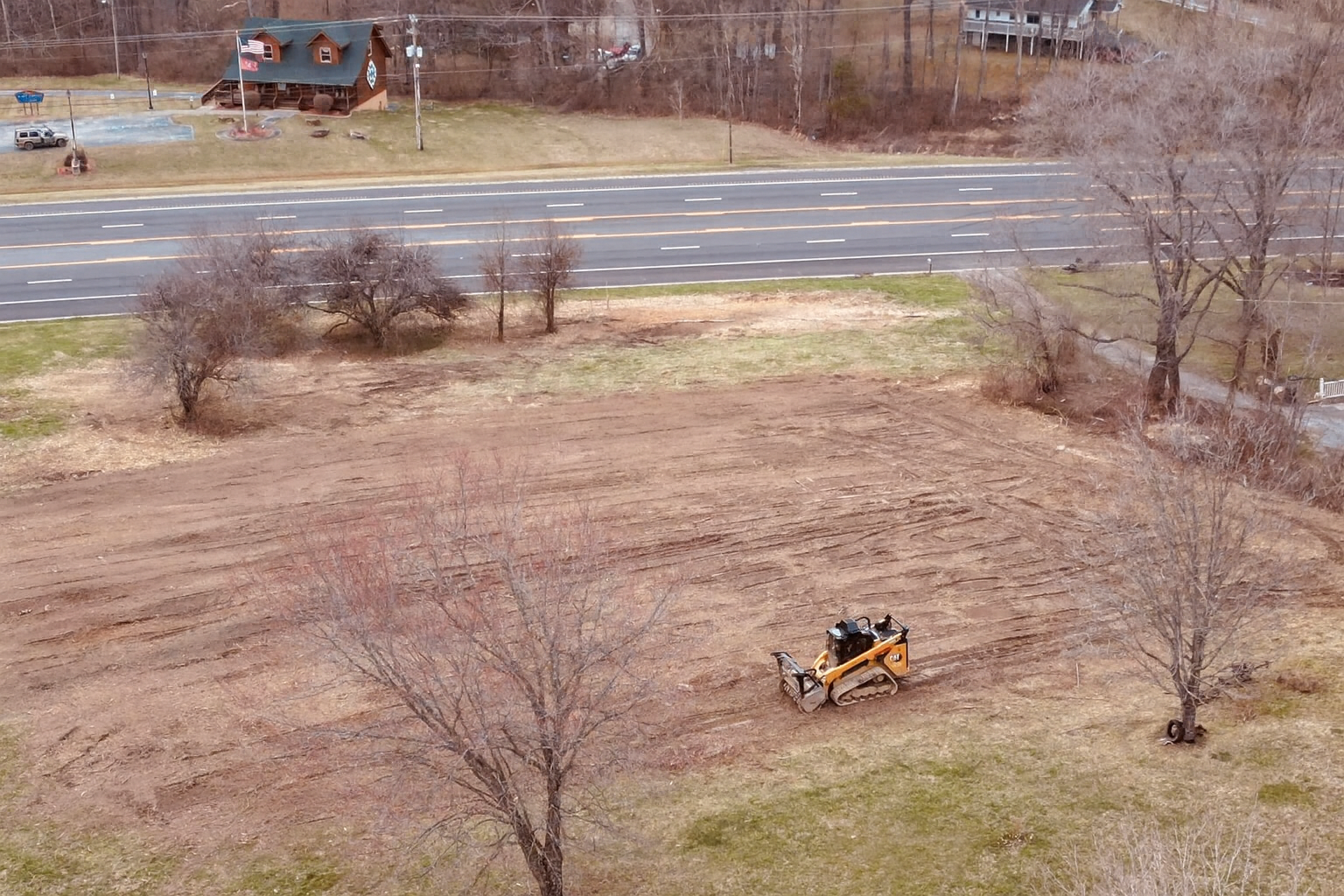
The Art and Science of Excavation: Techniques for Success Aug 11, 2025
At its core, excavation is about removing earth to create a solid foundation for construction. Whether it's for building foundations, roadways, or other structures, knowing how to excavate effectively is crucial. The approach begins with comprehensive site analysis and planning.
Effective planning is indispensable. Before any physical work begins, thorough groundwork is laid out, which involves analyzing soil composition, terrain, and weather conditions. These factors can significantly influence the choice of excavation method. For instance, understanding the soil type—whether it’s clay, sand, or rock—can dictate the equipment and techniques to be used.
The choice of technique is as crucial as the planning. There are several methods of excavation, each suitable for different types of terrain and project requirements. For instance, trenching is a common technique used for laying pipelines or cables. On the other hand, bulk excavation is ideal for large-scale projects that require the movement of significant volumes of earth.
Another key aspect of excavation is selecting the appropriate equipment. Choosing the right machinery not only makes the process more efficient but also ensures safety. Backhoes, bulldozers, excavators, and skid-steer loaders are among the various pieces of equipment that Mountain Land Services LLC employs, chosen based on the specific needs of the project. Each piece of machinery offers unique capabilities, from digging and grading to moving and lifting, ensuring that every aspect of the excavation process is handled with precision.
Safety, of course, remains a top priority throughout. Excavation sites can be dangerous environments if not properly managed. Measures such as shoring and benching are implemented to prevent cave-ins and ensure the stability of the site. Moreover, having skilled operators who are trained in safety protocols and equipment handling not only reduces risk but also contributes to the smooth running of the project.
Environmental considerations also take a front seat during the excavation process. At Mountain Land Services LLC, we understand the importance of minimizing environmental impact. This involves using methods that reduce soil erosion, preserve existing vegetation where possible, and dispose of excavated materials responsibly. Employing sustainable practices not only preserves the environment but also aligns with regulatory requirements, avoiding potential delays and fines.
Once the excavation is complete, it is crucial to prepare the site for the next phase of construction. Proper backfilling and compacting are necessary to ensure the ground is stable and ready to support structures. This phase can also include the installation of drainage systems to prevent future water damage.
In conclusion, successful excavation, as practiced by Mountain Land Services LLC, is a meticulous blend of planning, technique, safety, and environmental stewardship. By understanding the art and science behind excavation, construction projects can be executed more efficiently and responsibly, ultimately leading to better outcomes. For project managers and developers, appreciating these intricacies can lead to more informed decision-making and, importantly, a project completed on time and within budget. As you plan your next project, consider the value of expert excavation to lay the groundwork for success.
/filters:no_upscale()/filters:format(webp)/media/f93aa3c9-6f24-4b3c-a498-699a8a6c6141.jpeg)